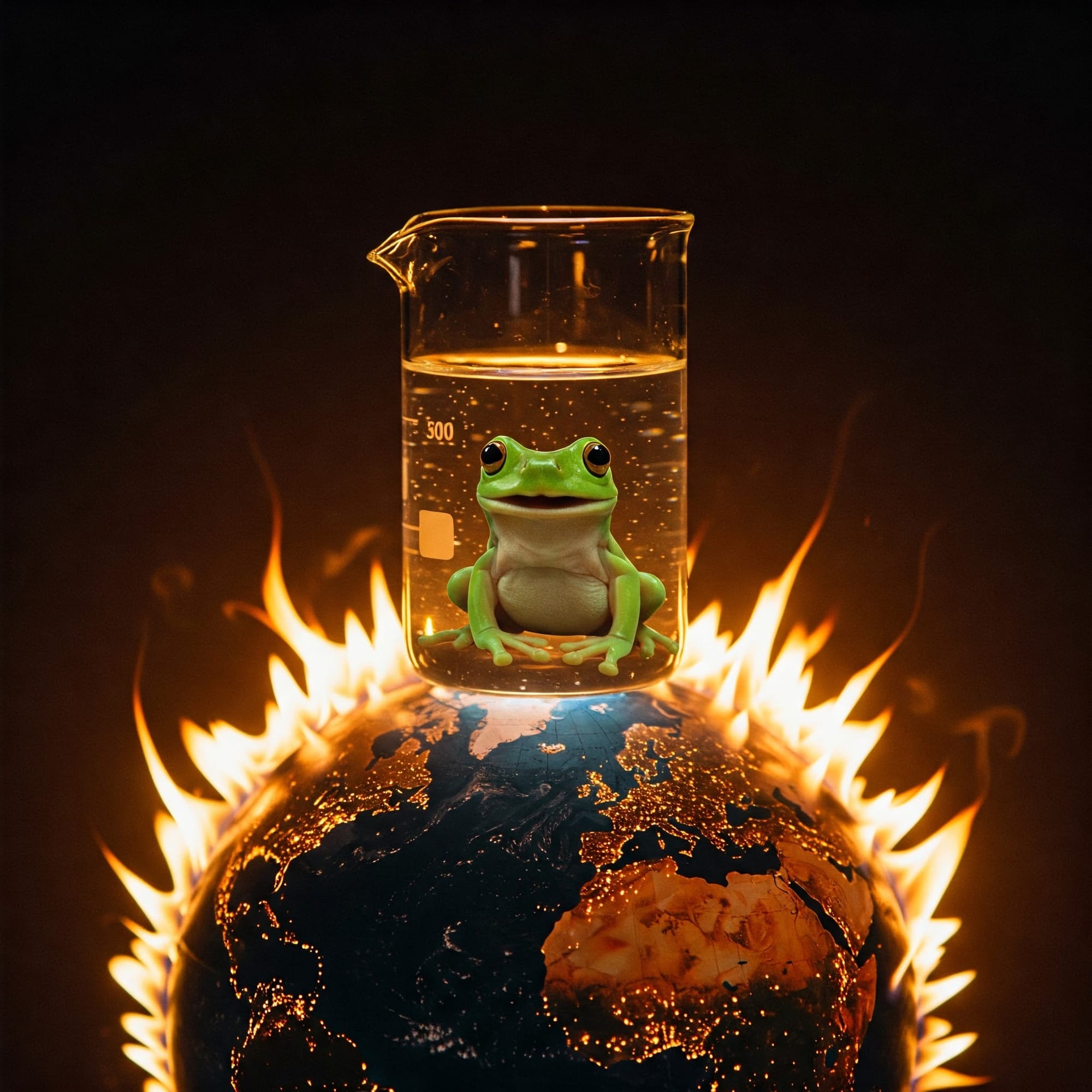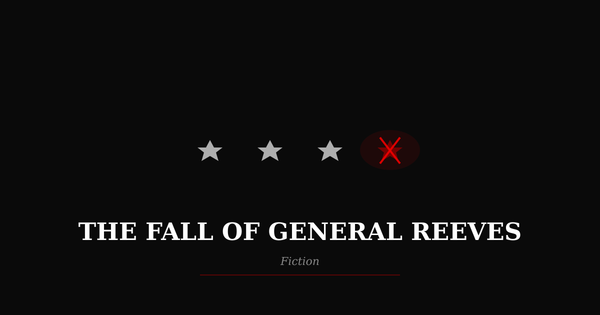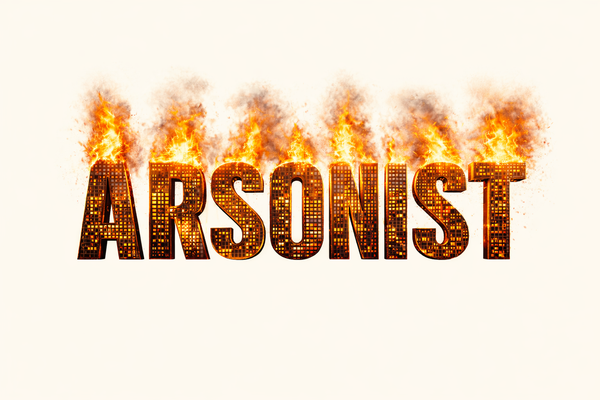Ignorance
is a requirement
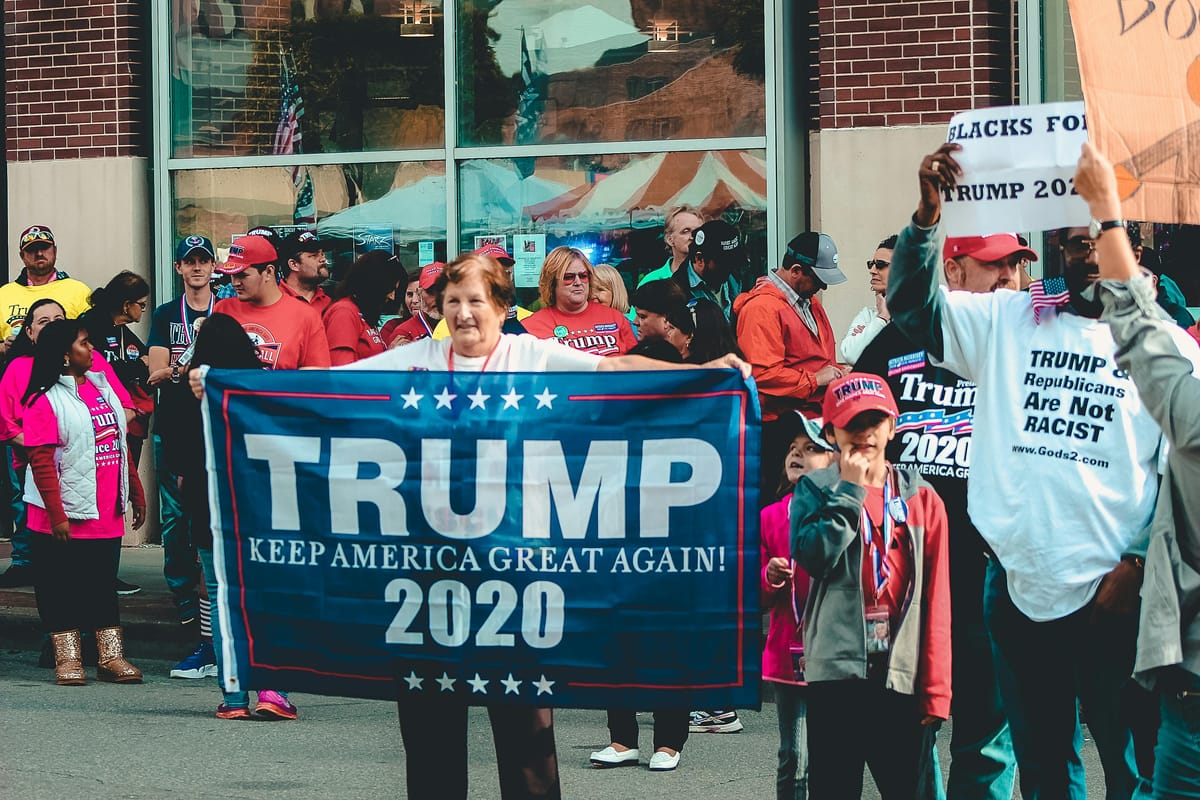
“I love the poorly educated.”
He didn’t whisper it. He didn’t apologize. He shouted it like a sports chant after his 2016 Nevada win. The crowd roared—not because they thought it was a joke, but because they were proud of it. That was the moment ignorance got a standing ovation.
Thanks for reading Burnt Ground! Subscribe for free to receive new posts and support my work.
Trump didn’t invent American anti-intellectualism. He just stopped pretending it was a problem. He figured out that educated people are inconvenient. They ask questions. They want facts. They don’t fall in line. But a public that’s emotionally wound up, proud of its ignorance, and fed a steady diet of grievance? That’s something you can work with. That’s a campaign strategy. And a business model.
Isaac Asimov saw it coming decades ago:
“There is a cult of ignorance in the United States, and there always has been. The strain of anti-intellectualism has been a constant thread winding its way through our political and cultural life, nurtured by the false notion that democracy means that ‘my ignorance is just as good as your knowledge.’”
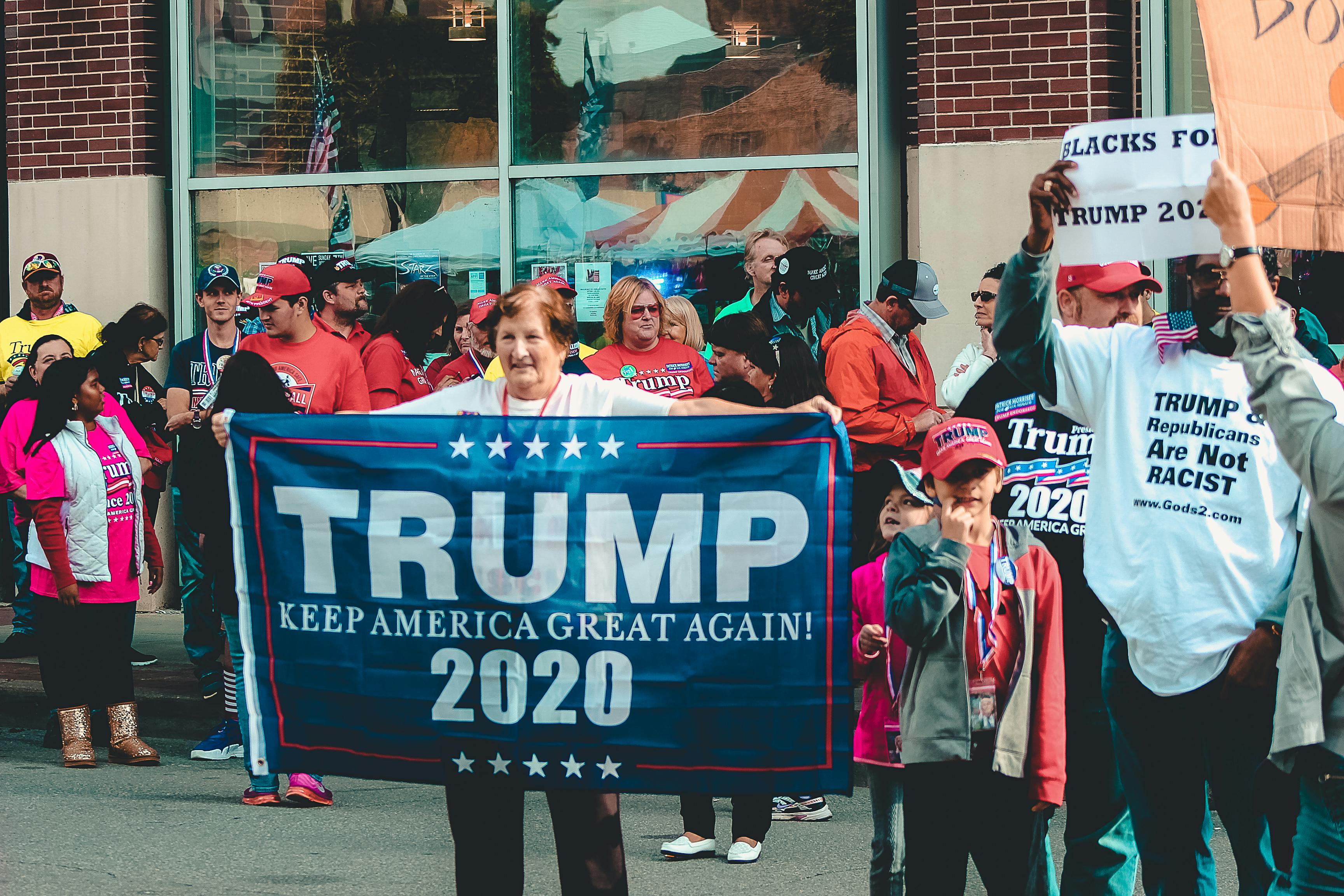
Trump didn’t just nurture that cult. He franchised it.
Under his watch, education was rebranded as enemy territory. Public schools became “indoctrination centers.” Book bans weren’t fringe—they were policy. Universities were portrayed as elitist playgrounds for traitors. And science—especially anything involving climate or public health—was downgraded to optional reading. When facts got in the way, they weren’t rebutted. They were discarded. If the data contradicted the narrative, the data had to go.
None of it was accidental. Collapse trust in institutions, then offer yourself as the one remaining voice of truth. He doesn’t sell policies. He sells belief systems. Truth, for sale—cash, credit, or bitcoins.
And now we’ve got Robert F. Kennedy Jr.—a lawyer with no medical credentials and a long history of vaccine skepticism—appointed to run public health. In Trump’s America, that qualifies as a résumé. Expertise is suspect. Doubt is currency. Loyalty is everything.
One of Kennedy’s first acts? Strip COVID vaccines from the recommended immunization schedule for children and pregnant women. No new data. No new science. Just a unilateral move that bypassed the CDC and ignored every major medical association. He even admitted, “I don’t think people should be taking medical advice from me.” Which would be reassuring—if he weren’t setting national health policy.
Kennedy is just another of Trump’s unqualified appointments—picked not despite his lack of expertise, but because of it. In this system, competence is threatening. Credibility is disloyal.
The results are already rolling in. Pediatricians report growing confusion. Parents don’t know who to trust. Vaccine rates are slipping. Meanwhile, new viral threats are emerging—and we’re meeting them with magical thinking and political performance art.
Kennedy’s not managing a health system. He’s managing a narrative. And in his hands, science becomes a tool of ideology. It’s not about research—it’s about control.
But the consequences of all this go well beyond education or public health. When knowledge itself becomes suspect, the entire democratic experiment starts to wobble. A functioning democracy relies on shared facts, an informed electorate, and the idea that debate should be grounded in something more stable than raw emotion. Take that away, and democracy becomes just another performance—loud, chaotic, and empty at the core.
We’re already seeing it: neighbors unable to talk to each other, school board meetings and political town halls turning into shouting matches, public health officials facing threats, libraries needing security guards. When ignorance is valorized, cruelty follows close behind. Misinformation doesn’t just cloud judgment—it erodes empathy. If you’re trained to see complexity as manipulation, then every difference becomes a threat, and every expert becomes an enemy.
Winston Churchill once said, “The best argument against democracy is a five-minute conversation with the average voter.” But what happens when that voter has been deliberately misled for years? When disinformation is no longer a byproduct of chaos, but the system’s central export?
Trump loved the poorly educated because they were loyal. Kennedy’s just scaling the model: from the classroom to the clinic. A lawyer with a microphone is a liability. A lawyer with a scalpel is something else entirely.
This isn’t a culture war. It’s a demolition job—with the scaffolding of democracy being stripped down, beam by beam, while the audience cheers and buys T-shirts.
Churchill also said, “The truth is incontrovertible. Malice may attack it, ignorance may deride it, but in the end, there it is.”
Let’s hope it gets here in time.
Thanks for reading Burnt Ground! Subscribe for free to receive new posts and support my work.
